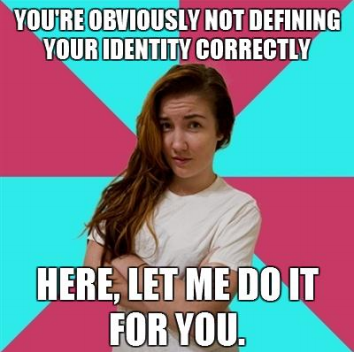by anonymous, ’14

My mother likes to tell the story of how I applied for Stanford as a hardcore biology major with a concentration in genetic engineering, then called her after one quarter to come out as a drama major. For perspective, I’d never been involved in theater in any shape or form before college. For her, this makes an amusing anecdote about the liberalizing/artsy big blue blob that is California. For me, it’s a sobering reminder of just how alienated I felt in the STEM courses I’ve taken at Stanford.
It’s not that the material is too difficult or uninteresting—I was actually really engaged with my biology, physics, and calculus courses in high school, and looked forward to working in labs and doing research when I “grew up.” My shift from STEM is rather due to the different approaches to discussing (or not) marginalized peoples in the humanities and sciences. Whereas most of my Theater and Performance Studies professors (and especially my Comparative Studies in Race and Ethnicity professors) regularly use examples and materials that validate and explore the experiences of people who aren’t at the top of the privilege food chain, my STEM professors often make me feel angry, invalidated, and anxious. In TAPS and CSRE courses, I can speak to and learn about the lived experiences of people like me (and unlike me!). In STEM courses, data which appear to be objective often show that marginalized groups are inferior to dominant groups, without including a discussion of the systematic challenges that can produce those data. Put another way, we don’t discuss confounders that happened before we began our study.
Let me give you an example from a popular statistics course at Stanford. Continue reading →





